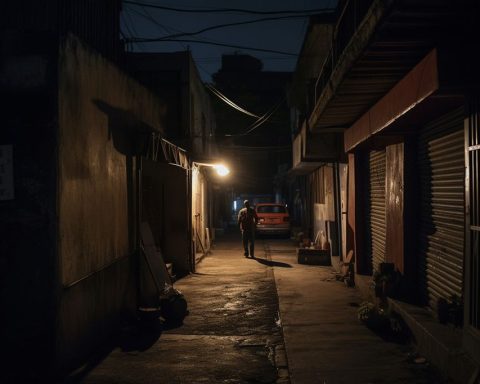The amaBhungane Centre for Investigative Journalism, a renowned South African organization, has won a landmark victory in a court case against influential businessman Zunaid Moti, which put the nation’s media freedom to the test. The court had previously prohibited the investigative journalism center from using documents received from a source in its reporting on Moti, who claimed that the records were unlawfully obtained. However, High Court Judge Roland Sutherland overturned the ruling on July 3, 2023, citing it as “an abuse of the process of court.”
Investigative Journalism Uncovered Unethical Transactions
The amaBhungane Centre had investigated the business practices of the tycoon, who has been accused of engaging in unethical transactions, including dealings with Zimbabwe’s President Emmerson Mnangagwa. The investigative organization published a series of articles revealing how Moti allegedly exploited his connections with Zimbabwe’s political upper echelons to secure profitable mining contracts.
Balancing Press Freedom and Privacy Protection
In this case, the judge emphasized the importance of safeguarding the confidentiality of sources in investigative journalism, stating that “within limits… the law acknowledges the propriety of protecting sources from being unmasked.” The crux of the case revolved around striking a balance between press freedom and privacy protection.
A Resounding Vindication of Investigative Journalism
Sam Sole, editor-in-chief of amaBhungane, expressed his delight with the outcome, which he described as a “resounding vindication of investigative journalism.” He went on to highlight the importance of amaBhungane’s commitment to integrity and public interest. In an earlier conversation with AFP, Sole noted the financial burden borne by the non-profit organization, which is funded by donations and relies on a team of 13 journalists to expose political corruption.
Moti Group Contemplates an Appeal
The amaBhungane Centre was ordered to cease publishing further reports on Moti and surrender the documents used in their investigation by another high court judge last month. Moti Group, a conglomerate with an extensive international portfolio encompassing property development, mining, and aviation, declared in a statement that it is contemplating an appeal to the Constitutional Court. The company argues that a factual finding on amaBhungane’s possession of the allegedly stolen documents was not made.
Reinforcing the Importance of Investigative Journalism
This landmark verdict reinforces the importance of investigative journalism and its crucial role in upholding transparency, accountability, and media freedom. The amaBhungane Centre, named after the Zulu word for “dung beetle,” embodies the diligence and perseverance required in the pursuit of truth and justice. This pivotal case serves as a reminder that, within reasonable limits, the protection of sources and the integrity of investigative journalism must be preserved. The court’s decision also requires the Moti Group to cover amaBhungane’s legal expenses.












